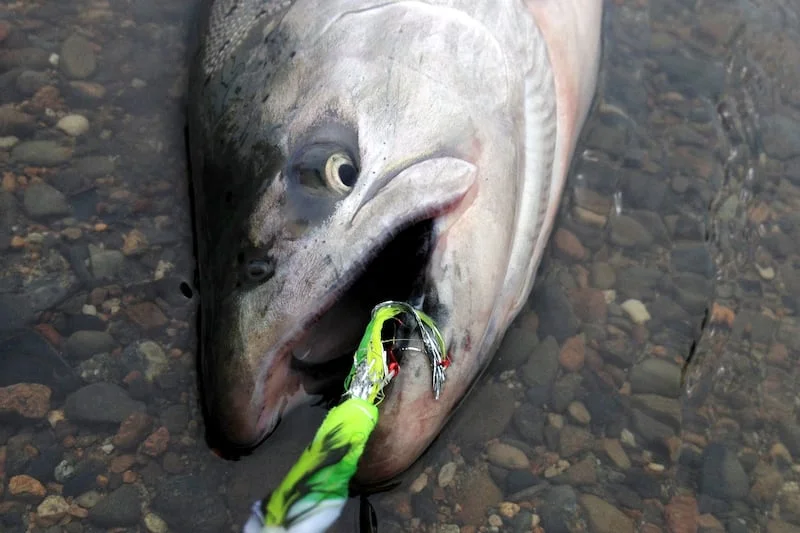
Conservation Group Seeks Urgent Action For Alaska King Salmon Under Threat
This week, the Wild Fish Conservancy has made headlines with its lawsuit aiming to expedite the federal review process of Alaska king salmon’s potential listing as threatened or endangered. The urgency of this matter is underscored by alarming conditions facing the species, which some experts worry could be heading towards extinction without prompt intervention.

The conservancy's petition, filed on January 11, 2024, mandated the National Marine Fisheries Service to respond by January 11, 2025. The lawsuit filed in Washington, D.C., argues that the agency’s failure to meet this deadline represents a severe lack of accountability and a potential threat to the species. Emma Helverson, executive director of Wild Fish Conservancy, emphasized the critical nature of the situation: "With the crisis facing Alaskan chinook, we are out of time and options."
The lawsuit highlights a broader issue of "systemic dysfunction" within the National Marine Fisheries Service, as past proposals for listing other species have also languished without timely responses. However, the chief of Alaska operations, Jon Kurland, assured that the agency is committed to reviewing the petition, albeit potentially slowed down by recent changes at the federal administration level. "We are continuing to review the petition and to develop the required 12-month finding," he stated.
Critics of the conservancy's moves, including Alaska’s fish and game commissioner Doug Vincent-Lang, argue that a rushed decision could lead to a chaotic regulatory atmosphere rather than a reasoned one. Vincent-Lang maintains that the fisheries service should take its time to ensure that every factor is considered before making a significant policy decision that could affect both the salmon population and local fishing industries.
Concerns are mounting not just about the king salmon’s survival, but also about the potential ripple effects on Southeast Alaska's fishing community. If the salmon is classified as endangered, significant restrictions could impact other fisheries where king salmon are inadvertently caught.
As habitat destruction, climate change, and overfishing continue to exacerbate the plight of Alaska king salmon, the coalition advocating for their protection insists that their survival is intertwined with the ecological balance of the region. The call to action is clear: proactive measures must be taken before it is too late. Will the federal authorities heed this urgent call to protect a crucial species in peril?
We invite you to share your thoughts on this pressing issue. What do you think is the right balance between conservation efforts and the needs of local fishing communities?